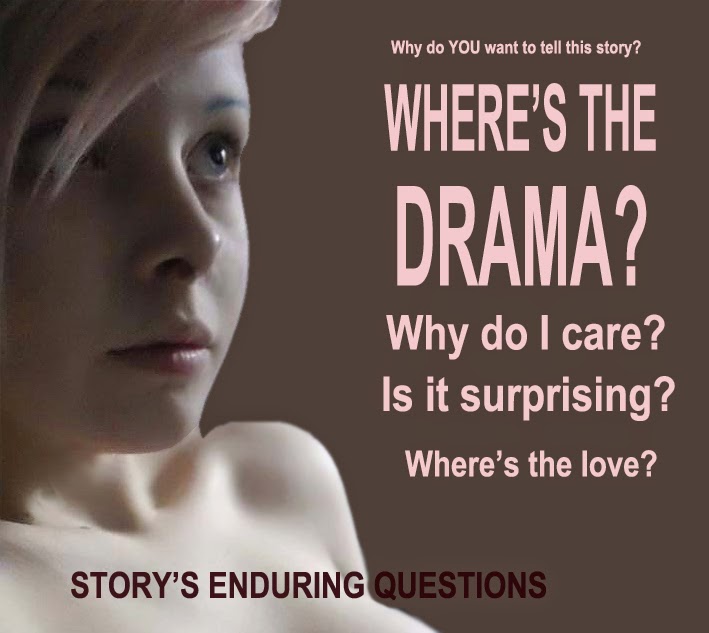Despite the ever-popular (tho oft-unspoken) notion that the world owes you a living, it ought to be clear by now that when it comes to putting your stuff down on paper, the world owes you nothing at all. What are you offering that it doesn’t already have? Most people are so caught up in their own stuff, so mesmerised by the horror, that it’s pretty unlikely they’re going to interrupt what they’re doing to pay attention to what you’ve already done, specially if they’ve had no part it in.
You have to earn your audience, or create one. But know this - no one owes you (or me) a damn thing, and to believe that they do is only going to exhaust your energies and waste your time.
You have to earn your audience, or create one. But know this - no one owes you (or me) a damn thing, and to believe that they do is only going to exhaust your energies and waste your time.
Okay, so you’ve struggled, so you’ve made noble efforts, so you’ve gone for weeks, months, years, scrapping together enough hope just to survive. So what? Drama is about transformation. Good writing is never conditional. It always arises from, and is sustained and completed (where possible) by, an inner necessity.”










